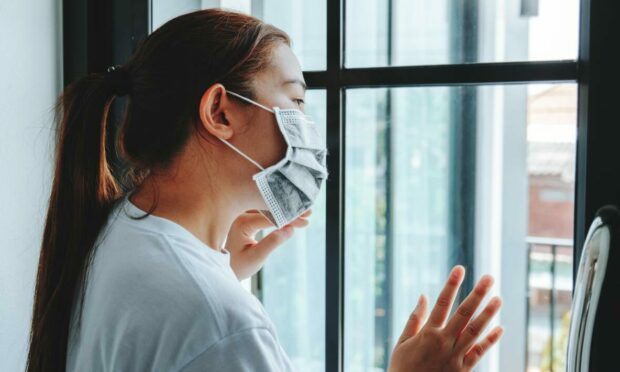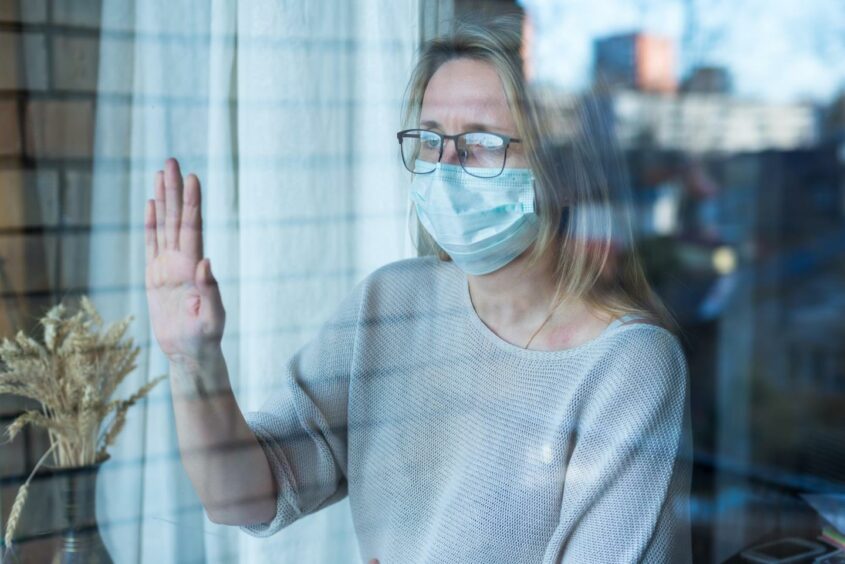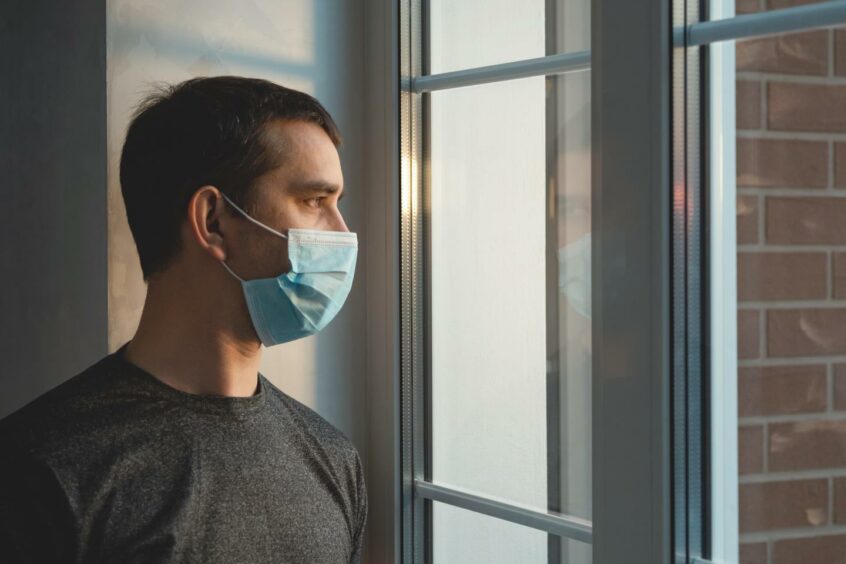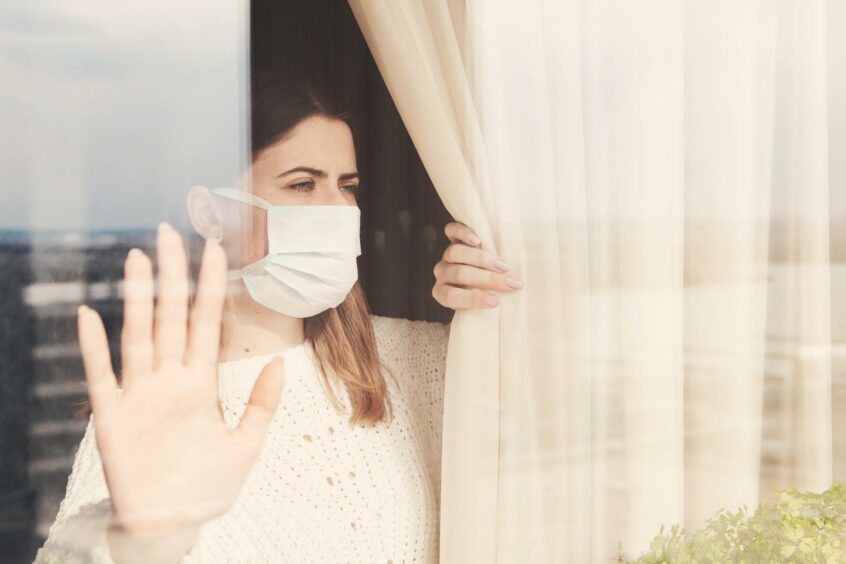Deputy First Minister John Swinney warns Covid-19 restrictions are being considered as ‘now is not the time to relax our approach’. But what are current rules for self-isolation?
Do you have to self-isolate if someone you live with tests positive?
And what are the rules for under-18s?
We’re reminding you of all the rules around self-isolation.
Do I still have to self-isolate if I have Covid or symptoms?
If you’ve tested positive for Covid you must self-isolate for at least 10 days.
You should remain in isolation until 10 days from symptom onset, or longer if they persist.
If you have any of the three main symptoms (a high temperature, a new continuous cough, or a loss/change to your sense of smell or taste), you should also self-isolate and book a PCR test.
A positive test means you should continue to self-isolate for 10 days, or longer if symptoms persist.
If the test is negative, you are able to stop self-isolating and return to work (if you cannot work from home), as long as you’re well enough, and have not had a fever for 48 hours.
What should I do if I’m identified as a close contact?
If you’re a fully vaccinated adult who is identified as a close contact of someone who has tested positive, you should get a PCR test as soon as possible.
As long as your PCR test result is negative and you remain asymptomatic, you may end self-isolation as a close contact.
That is unless you are identified as having the Omicron variant – in which case you must self-isolate for 10 days even if you are fully vaccinated.
If you’re partially or non-vaccinated and are identified as a close contact, you’ll be asked to self-isolate for 10 days, whether or not you have symptoms.
This is because symptoms can take 10 days to develop and you can pass the virus on even if you don’t know you have it. If you develop symptoms, you should request a test.
What are the self-isolation rules for under-18s?
Those younger than 18 years and 4 months who are identified as a close contact should get a PCR test as soon as possible.
Provided you return a negative result and remain asymptomatic, this group may end self-isolation as a close contact. Again, except in the case of Omicron variant.
18 years and four months is the age specified to allow four months for individuals who turn 18 time to get fully vaccinated.
Children under five are encouraged but not required to take a PCR test.
How do I self-isolate properly?
While self-isolating, you should try to ensure you don’t pass Covid on to anyone else in the home as much as possible.
You can try to do this by:
- Staying at least two metres away from others in the home
- Staying in a different room from others in the home, ensuring it is well-ventilated
- Sleeping alone in a separate bed
- Spending as little time as possible in shared areas (sitting room, kitchen, bathroom)
- Avoiding using your kitchen while others are present
- Using a separate towel to dry your hands after you wash them
- Cleaning shared areas and surfaces throughout the house every day



